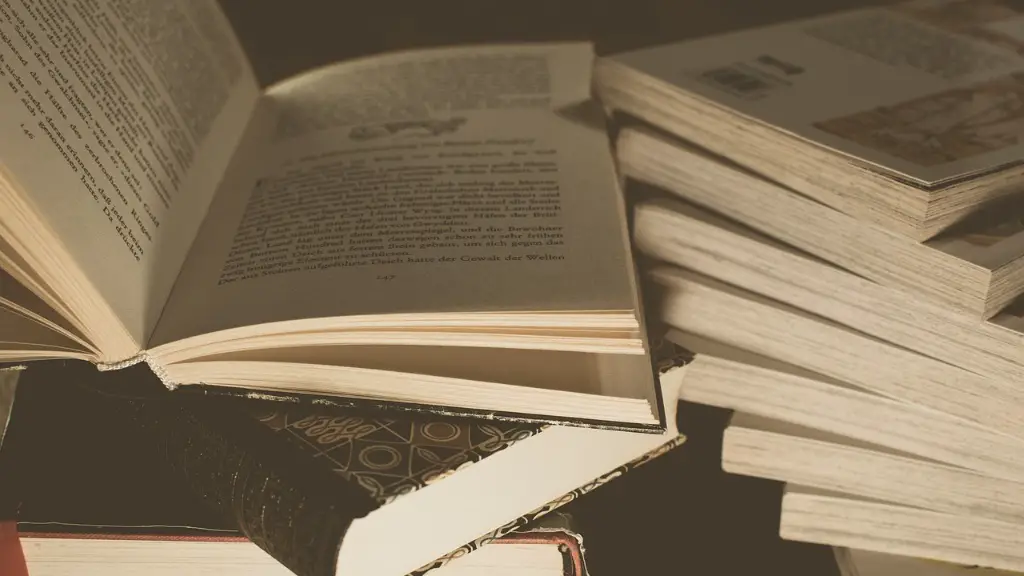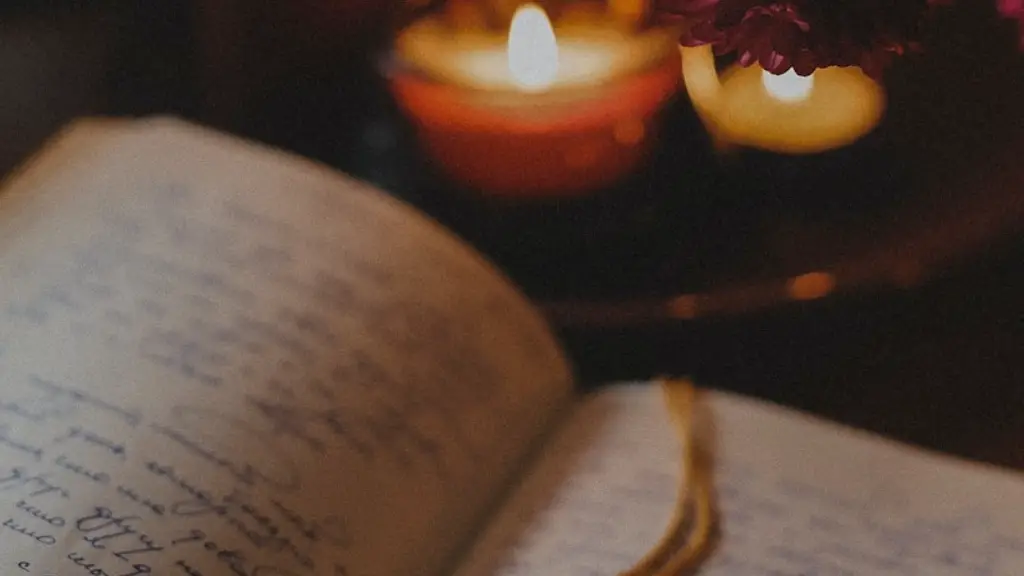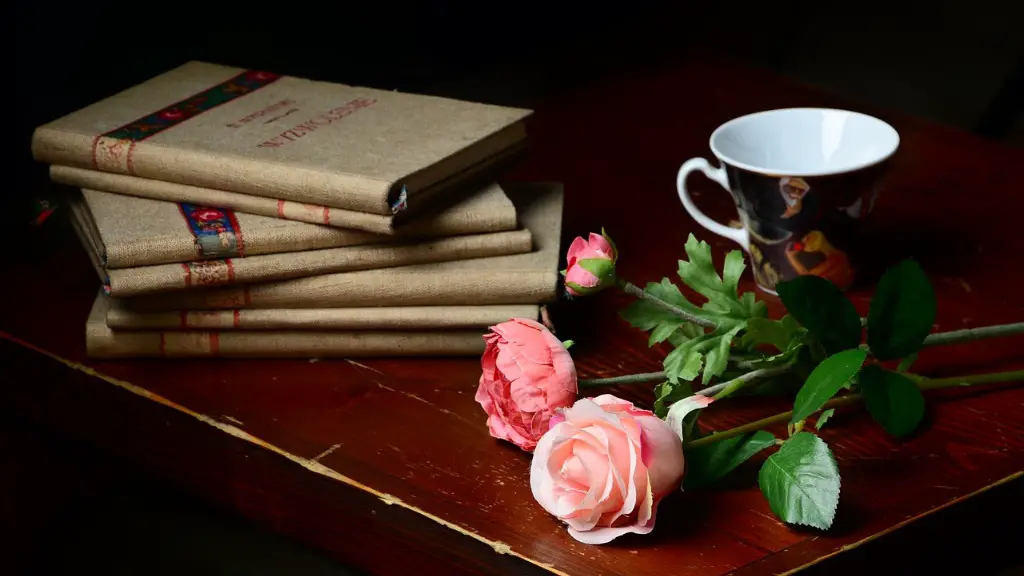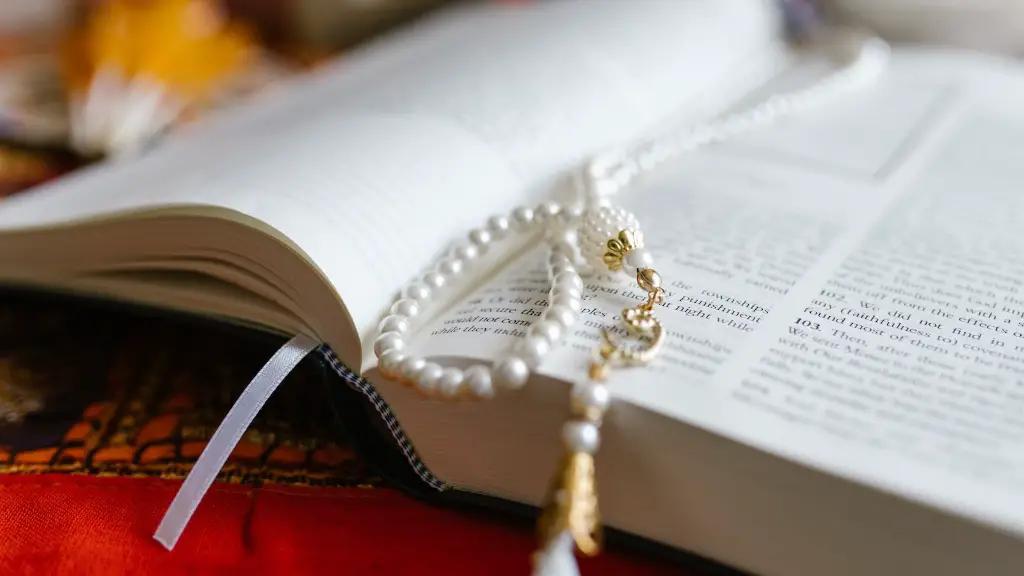Introduction
Poetry is a type of literature that uses rhyming words, rhythm and imagery to express emotion, beauty and powerful truths. It is an art form that has existed for centuries and is still practiced today in many different forms around the world. Poets use writing to give voice to the emotions and experiences of everyday life as well as highlighting social and political issues.
History of Poetry
The earliest recorded poetry dates back to ancient Sumer, written nearly four thousand years ago on clay tablets. From the start, it was used to praise leaders, tell of heroic deeds, and comment on courtly life. By the time of classical antiquity, poetry had become a highly respected literary genre and a form of self-expression. Ancient Greek poets such as Homer and Sappho are still regarded as some of the finest lyrical poets in all of history.
During the Renaissance, poets such as William Shakespeare, John Donne, and Ben Jonson wrote works that are still revered today. The Romantic era saw a number of celebrated poets, including Percy Bysshe Shelley, John Keats, and Lord Byron. Poets have continued to write and innovate since, maintaining poetry’s status as an essential art form.
Purpose of Poetry
Writing poetry is an effective way to express emotions, thoughts, and beliefs. It also helps to capture life’s moments, preserve memories and ideas, and document explanations of the world around us. Writing can be therapeutic – allowing people to work through difficult situations and process emotions.
Poetry is also used to share stories and teach lessons. It often communicates powerful messages in beautiful and creative ways. Through poetry, people can share opinions, beliefs, and perspectives, as well as comment on political issues. Poetry can be used to advocate for change and to give hope and strength to readers.
Power of Poetry
Poetry has the power to communicate across cultures and generations. It is a versatile medium that can evoke emotion and shape opinion. Poetry can be used to express powerful messages in a concise and concise manner. It is also an effective way to document history, enabling readers to explore the writer’s past and present through the words they have written.
The beauty of poetry lies in its ability to make complex concepts easier to understand. It can be interpreted in a variety of ways, encouraging readers to think more deeply about the language they encounter. By reading poetry, readers can gain insight into the deeper meaning of life and explore different ways of interpreting the world.
Why Poetry is Important
Poetry is an important aspect of human culture. It can help us to reflect upon our lives, think about the world around us, and appreciate the beauty of language. It is also an effective way to share messages of hope and strength, allowing people to heal from the difficult issues they face. Its power to cross cultural boundaries can help to break down barriers of misunderstanding, allowing us to learn from each other.
Poetry is important because it helps people to think critically and cultivate an appreciation for the beauty of language and ideas. It also encourages creativity, opening us up to new perspectives and reflection. Poetry is a shared experience that can bring people together, uniting them in a common purpose and understanding.
Forms of Poetry
Poetry comes in a range of forms and styles. These include lyric poetry, haiku, sonnets, epic poetry, and free verse. Each form has its own unique features and conventions, allowing poets to express themselves in a myriad of ways. Poetry can be written in any language, allowing writers to communicate with an international audience.
Experimenting with different forms of poetry can help to refine skill and develop new writing techniques. By pushing the boundaries of language, poets are able to create powerful works that can inspire and inform readers. Writing can be both rewarding and therapeutic, and can help writers to express themselves in ways they have never before experienced.
Writing Poetry
Writing poetry is both an art and a craft. There are no hard and fast rules for writing poetry, but some useful techniques include experimenting with imagery, sound devices, metaphors, and rhyme. Keeping a journal or writing notebook can help to capture ideas and refine them into poems.
Reading widely is an important part of writing poetry, allowing writers to explore the works of different poets and understand how to craft their own unique style. Poets should also take the time to reflect and revise their writing, ensuring that their words are crafted in an effective and engaging manner.
Context and Production of Poetry
Poetry is often written and performed in the context of a particular culture, allowing writers to draw inspiration from their surroundings. It can also be shared in the form of readings, classes, and performances in order to reach a wider audience. When producing a poem, poets must understand the conventions of the genre they are writing in, as well as the purpose they intend to convey in their work.
Poets need to consider the language they use, the rhythm of their words and the images they create. It is important for the poet to take into account the experience of the reader, making sure the poem has a clear and meaningful purpose. Finally, it is important for poets to remember that their work is only finished when it reaches another person.
Conclusion of Poetry
Poetry is an important part of human culture, allowing us to express our thoughts, feelings and emotions in creative ways. It has the power to cross language and cultural boundaries, enabling people to learn from each other’s perspectives. Its beauty lies in its ability to evoke emotion, making complex concepts clearer and more relatable. Through poetry, we can teach, inform and inspire others.




